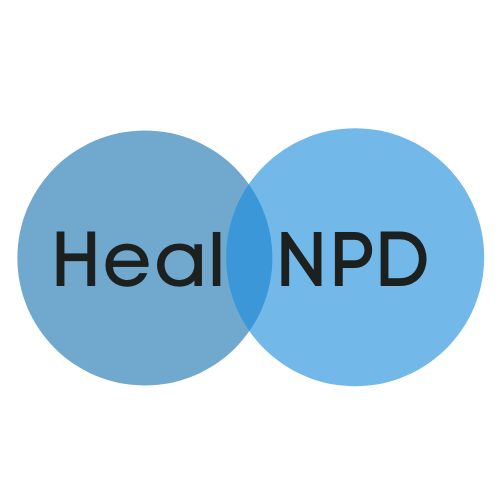Why you should stop being a jerk to yourself
A little self affirmation can go a long way
You may recall the character of Stuart Smalley from Saturday Night Live, who would famously end each sketch by turning to a mirror and proclaiming, "I'm good enough! I'm smart enough! And, doggone it, people like me!" While the character was intended to lampoon the self-help climate of the 1990s, there is nevertheless something we all can learn from Smalley's over-the-top attempts at self affirmation. The way we treat ourselves is kind of a big deal.
Most of us would never dream of treating others as poorly as we treat ourselves.
Some of the nicest people I know habitually deny themselves basic human necessities. The world is full of people who are otherwise good and kind, but who make a regular practice of calling themselves ugly or worthless. They deny themselves food, rest, or the right to be cared about by other people. They force themselves into isolation because they think they are too boring or too stupid to be worth anyone's time. They pile task after task on their own shoulders until they are ready to buckle from the stress, and then refuse to let themselves have any time to relax. They don't let themselves ask for what they want or need. They don't give themselves any exercise. They cause themselves pain and feel like they deserve it. I'm sure we all know people who would be arrested for animal cruelty if they subjected their pets to the open hostility or neglect that they force themselves to endure on a regular basis.It's really incredibly sad, and the injuries are compounded over time because self-relationships have a tremendous influence on critical factors like mood, physical health, the quality of our interpersonal relationships, and overall satisfaction with life.
I have never worked with a patient whose symptoms of depression or anxiety couldn't at least in part be traced to persistent negative ways of relating to his or her self. Usually, these negative self relationship patterns are so habitual that the person isn't even aware of them. I've worked with countless people who engage in regular self abuse but then shrug their shoulders and say "it's a chemical imbalance" when asked why they think they have major depression. Negative self-relationship patterns can be so habitual that they defy our attempts to notice them even when we are looking for them.
But the effects add up. Over time, they become mental health syndromes like depression, or physical maladies like pain or chronic illness. They cause people to be less invested in their jobs, their dreams, and their relationships with others. In my experience, the old saying that you can only care for others as much as you care for yourself is very true.
So why are some people such jerks to themselves?
The simple answer is experience. We learn how to care for ourselves through our direct experience of care as youngsters. There is abundant research demonstrating that early attachment relationships have important effects throughout childhood and later life. Through repeated interactions with caregivers, we learn about how much love and kindness we are entitled to. We learn how much attention we can get and the ways we need to go about getting it. We learn what it feels like to be cared about, and we use those lessons to care for ourselves. For some people, care is a tentative and meager commodity that is given on an unpredictable schedule. For others, care is a warm and abundant thing that comes from all directions. For others still, care is the feeling of being hit, yelled at, or otherwise mistreated - because at least mom or dad was paying attention. But the lessons don't stop with our parents. Important contributions are made by peers, relatives, and the culture at large.
While we don't have any control over what happened in the past, we do have the ability to decide what parts of the past we want to continue enacting in the present.
We can decide to change old ways of relating to ourselves.
We can choose to take better care of ourselves, to treat ourselves with kindness and compassion, and to give ourselves the care that we actually deserve as human beings. But we can't make those changes if our negative self relationship habits remain unconscious. If you are struggling with persistent depressed mood, dissatisfaction with your life, poor self-care, or recurring difficulties in relationships with other people; the trouble might be in your relationship with yourself.
While Stuart Smalley's solution was to talk to himself in the mirror, I recommend trying an actual person. Talking with a trained professional can help you begin to recognize and understand the subtle ways that you mistreat yourself. Armed with a conscious awareness of your own negative self relationship patterns, you can begin to make different choices.
I am entitled to my share of happiness. I refuse to beat myself up."
- Stuart Smalley

